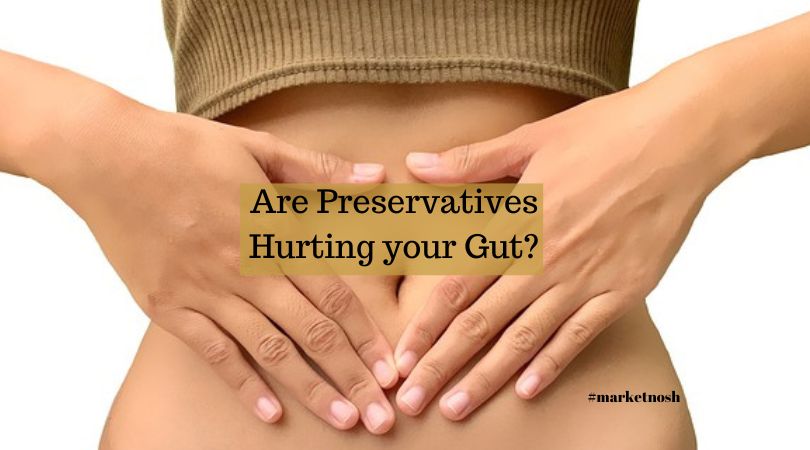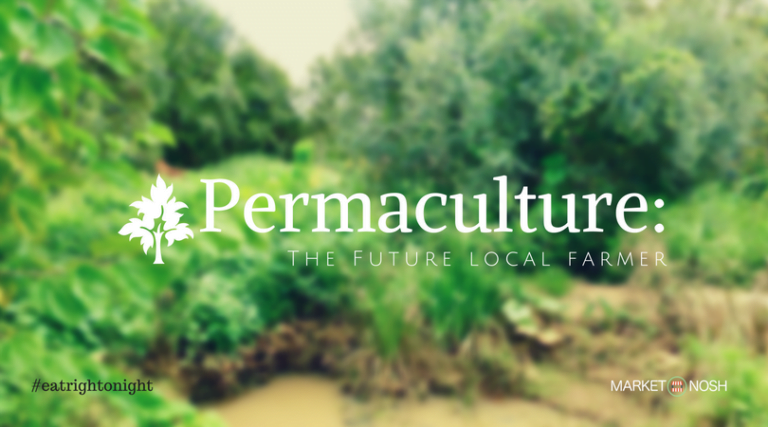Are Preservatives Hurting your Gut?
Preservatives have been a lifesaver. They prolong the useful life of our foods. We can extend the length it stays in our cupboards and we know we are unlikely to be attacked by some rough bacteria that has settled on our eggs.
But what if those preservatives do their job so well that they begin to harm our own friendly bacteria inside our guts? Could they be the cause of us feeling washed out, hungry and poorly.
It goes without saying this is anarticle asking a querstion, not medical advice or any sort of professional investigation, but it is worth investigating and perhaps a motivating factor to eat as much fresh food as you can to keep your inner biome happy.

Recent research has shown that preservatives in food could be harming our gut health. Specifically, studies have highlighted the impact of nisin, a common food preservative found in items like cheese and beer. Nisin is a lantibiotic, a type of antimicrobial peptide, that while effective at killing harmful bacteria, also harms the beneficial bacteria in our gut. (See Wikipedia here)
Dr. Zhenrun Zhang and his team at the University of Chicago discovered that nisin disrupts the balance of the gut microbiome. Their research showed that nisin targets both harmful pathogens and commensal (beneficial) bacteria, which are essential for a healthy digestive system. This indiscriminate action can reduce the diversity and stability of our gut microbiota, potentially leading to digestive issues and other health problems. (See SciTechDaily, FoodNavigator, and Food Processing for further information)
The study emphasised that lantibiotics like nisin might be more harmful to beneficial bacteria than to harmful pathogens. This could mean that the levels of nisin in our food are likely impacting our gut health negatively. The findings suggest that while lantibiotics are effective for food preservation, their use needs careful consideration to mitigate potential adverse effects on our gut microbiota.
For those of us conscious about maintaining gut health, it might be worth paying more attention to the preservatives listed in the foods we consume. Let’s not all run out and cut them all out, but rather let’s gather some further information on the benefits and harm we are doing to ourselves when we consume these ‘silent’ ingredients.
For decades we have used vinegar for preserving food. Air drying and salt are a favourite too. Even food which is deliberately fermented is another way we can preserve without preservatives which harm us.
While preservatives are crucial for keeping food safe and extending its shelf life, their impact on gut health is a significant concern. This research highlights the need for further investigation and possibly the development of alternative preservation methods that are less harmful to our beneficial gut bacteria.






